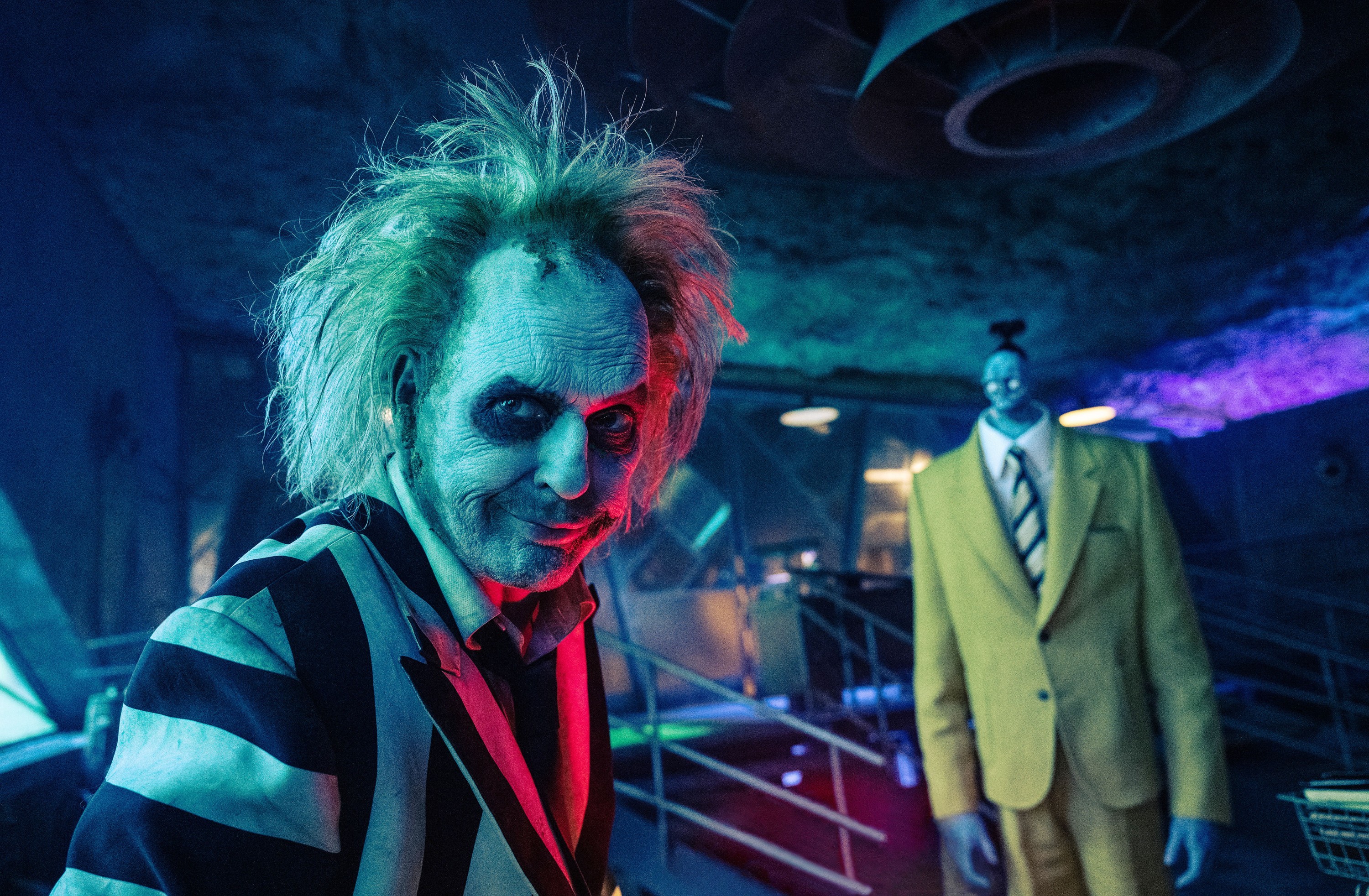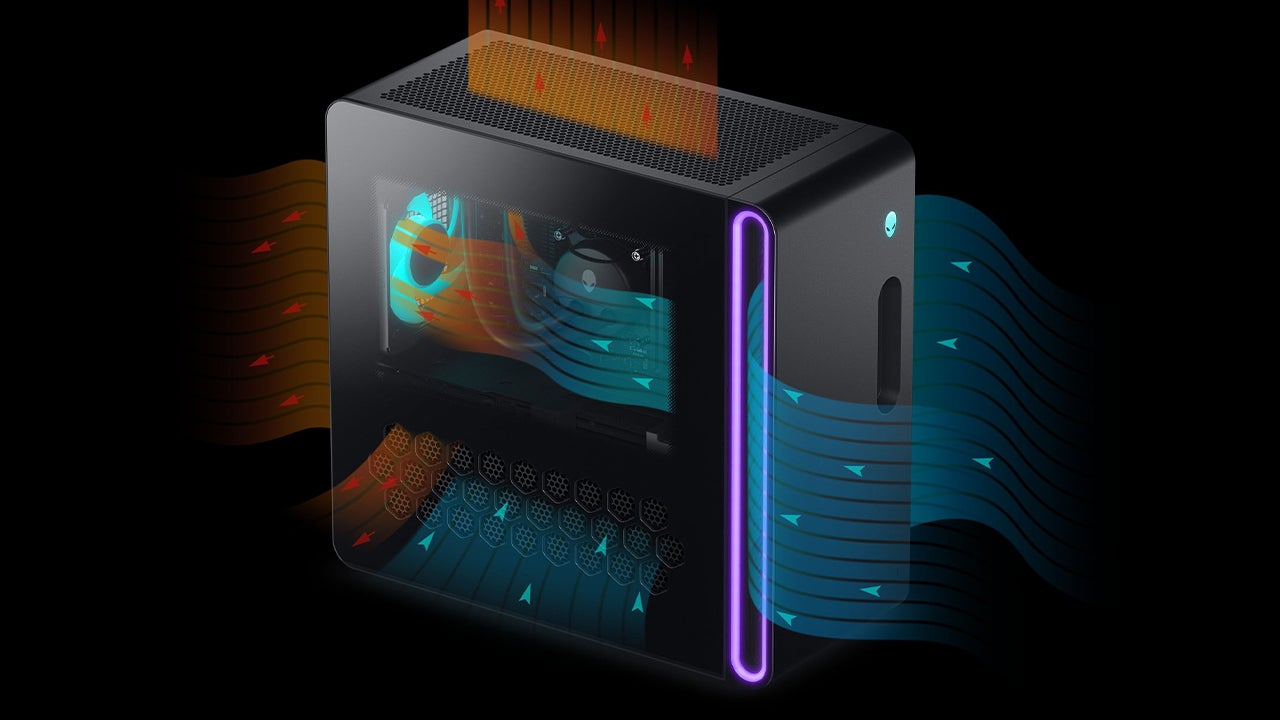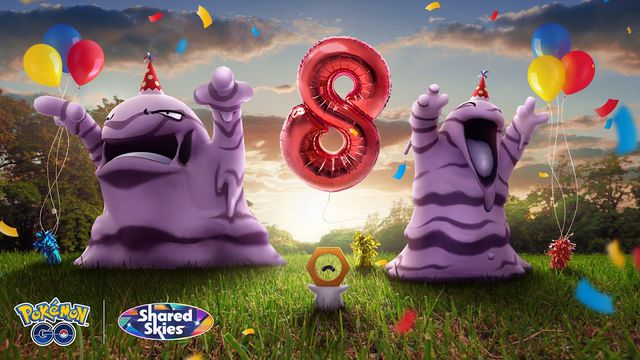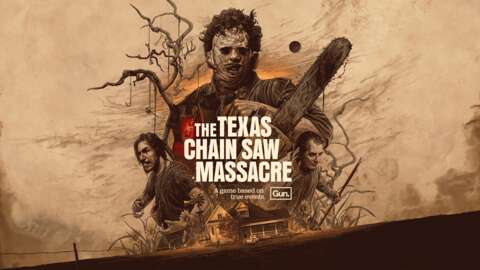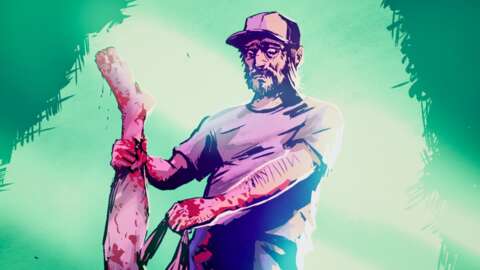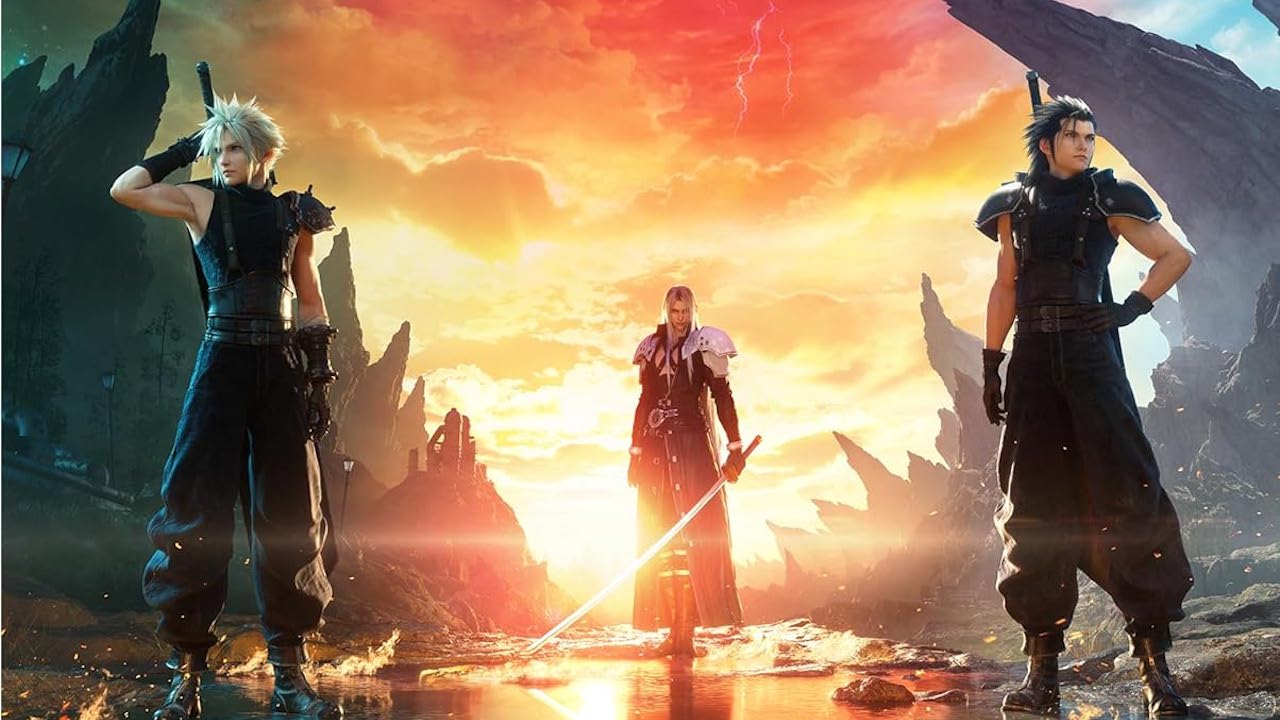
The legacy sequel Beetlejuice Beetlejuice doesn’t just herald the return of Michael Keaton as the titular ghoul. It also sees writer-director Tim Burton returning to his roots, with surrealist fantasy that fuses childlike wonder, twisted humor, and gothic visuals. Burton’s ill-fated 2001 Planet of the Apes remake took him down a path of seemingly endless reimaginings, from Charlie and the Chocolate Factory to Alice in Wonderland to Dumbo to Netflix’s Addams Family reboot Wednesday. The whole time he’s been lending his aesthetics to other IPs, though, I’ve been clamoring for a revival of the Tim Burton I grew up with — the Tim Burton who gave me a safety blanket as a child growing up on the spectrum.
I was diagnosed with autism when I first entered elementary school. Stuck in my mind palace, I fumbled to understand social cues. I was obsessed with movies, which were a manifestation of creativity I could escape to. And yet I failed to personally connect with the roster of picture-perfect A-listers who led most films. I certainly had no use for the archetypes of cinematic masculinity, whether that meant musclebound action heroes or movie stars who seemed like they were grown in a laboratory to be red carpet material. I related more to the Universal Monsters — creatures who were antisocial not by choice, but by birthright.
As a child, I rarely saw myself reflected in popular culture — it might as well have been the Cool Kids’ Table I wasn’t invited to sit at. The main exceptions were Tim Burton’s films. With the subversive themes and outsider protagonists of his classic films, he spoke directly to the autistic experience. And his unyielding imagination and evocative craftsmanship taught me that the power of creative expression can transcend otherness.
Until Beetlejuice Beetlejuice came along, I’d missed the kind of extravagant Burton visuals that used to be grounded in practical FX and gorgeous cinematography. That used to be a hallmark of his work, from his art deco rendition of Gotham City in Batman and Batman Returns to the chilling, blood-drenched atmosphere of Sleepy Hollow. I also missed the mischievous, macabre gags that defined his ’80s and ’90s movies, including the manic, zany Pee-wee’s Big Adventure and the gallows humor of the original Beetlejuice. These trademark characteristics return in Beetlejuice Beetlejuice — but better yet, it delivers on what I’d missed most in his work. It’s the return of Tim Burton: King of the Weirdos.
This is the same Tim Burton who helped make Johnny Depp a movie star by casting him as a sad boy with scissors for hands. The same Tim Burton who took a neurotic, bow-tie-clad man-child and turned him into a superstar in Pee-wee’s Big Adventure. The same Tim Burton who dusted off the legacy of a forgotten Z-movie director and made him an icon of outsider art with Ed Wood.
The most obvious example of his neurodivergent coding is Burton’s interpretation of Batman. The Dark Knight is considered one of the most iconic pulp heroes in the history of popular culture. Apart from anomalies like the 1960s Adam West TV comedy Batman, the character has usually been defined as what certain circles of the internet would call an Alpha: debonair playboy by day, thug-punching Chad by night. Really, tights are an excuse to show off his bulging muscles as he takes a swing at crime.
Burton famously (or infamously, depending on what part of the fandom you align with) went a different route. To widespread fan outrage, he cast Michael Keaton to play the Caped Crusader. More than that, he turned the square-jawed Batman into an introverted, even aloof victim of arrested development, one who reorients himself by retreating to the mind palace of his Batcave, and into the interior of his cape and cowl.
In neurodivergent terminology, Burton’s version of Bruce Wayne is a man who masks. It’s not just that he slips on a cowl to protect his identity, it’s that he suppresses his atypical tendencies in order to blend in with the mainstream world. In this case, Bruce Wayne is the mask — Batman’s highly maintained social persona. Only Tim Burton would’ve staked the first major Batman motion picture on an interpretation so internal and cerebral, and only he could’ve given me a Dark Knight who resonated with me so immediately.
That characterization of Batman speaks to the broader trends of the experiences Burton elevates in his early films, and the struggles for identity that define his core themes. His protagonists aren’t just defined by their neuroses or quirks — they’re specifically characterized by the tension between their interior and exterior. Or, going back to neurodivergent terminology, they’re divided between those who struggle to mask and those who refuse to.
Winona Ryder became the poster child of goths with her performance as Lydia Deetz in the original Beetlejuice, a baton she’s passed on to Jenna Ortega in the sequel. In her own words, Lydia is “strange and unusual” in Beetlejuice, and she makes no bones about it. She’s more than happy to disrupt her family’s attempt at suburban docility. She rolls her eyes at her straitlaced father and wannabe socialite stepmother, and when otherworldly elements start surrounding her, she’s more intrigued than terrified. Honestly? #Goals.
Some of Tim Burton’s other heroes weren’t so content with themselves, and those are the ones who served as my avatars. The dynamic is most pronounced in 1990’s Edward Scissorhands, which is still Burton’s most personal statement. It could even be construed as a spiritual autobiography for him — it follows a sensitive, pale, frenzy-haired oddball who’s destined to share his creative miracles with others from afar, safe from the pressures of social hegemony within his gothic trappings.
Most importantly, Edward Scissorhands reads as a parable for disability. While Edward’s bladed hands are a physical manifestation of difference that immediately stigmatizes him in other people’s eyes, his condition also speaks richly to the autistic experience. He has a crude, rough appearance of standard human anatomy, but he’s so misshapen that he can’t carry out basic social gestures like handshakes. He exhibits behaviors that are widely understood to be broadly characteristic of neurodivergence: selective mutism, social disconnection, etc. The tragedy, of course, is that the polite, thoughtful Edward would love nothing more than to be accepted.
But Edward Scissorhands isn’t a sob story about a misunderstood boy: Edward turns his curse into a gift through his craftsmanship. The skeptical suburbanites who take Edward in after his creator dies take an immediate liking to him once they realize he can rapidly trim their hedges, groom their dogs, and cut their hair. Once he’s revealed as an arts and crafts savant, they effectively tokenize him, using him until his disability becomes a liability. Ultimately, Edward finds solace as an artist living in solitude. While Edward Scissorhands’ final message can be debated, the movie’s ending undeniably finds dignity in Edward’s condition, and leaves him on a note of self-harmony.
On paper, Edward Scissorhands could be read as a defeat for weirdness, and a fable warning outcasts against hoping for social integration. But as I was wrestling with my diagnosis, Edward Scissorhands represented a triumph against neurotypical hegemony.
At first glance, Tim Burton’s ’80s and ’90s filmography appears to be about the sanctity of mind palaces, the Batcave and Gothic mansions that represent mental shelter. Or it could be about finding comfort in sacred objects of familiarity, like Pee-wee’s red bicycle. But these movies are actually about the power of creative outlets. There are so many psychological layers hopelessly entangled within these autistic-coded heroes’ journeys: Early Burton protagonists find salvation in outlets that give them a voice and a sharply defined purpose.
Edward Scissorhands lives on the margins of a community that shuns him, but he reclaims his voice and his identity by turning his surroundings into an art project. Ice, hedges, and other mundane objects are a canvas for the endlessly creative Edward. Batman walks a tightrope between his shadow self and the mask of a social persona, but he becomes a functional, even productive member of society, on the path toward inner peace through the project of being Batman. Most acutely, Ed Wood refuses to be written off as a delusional, talentless hack. He takes pride in his underdog status, refusing to apologize for his bizarre directorial choices or his love of Angora sweaters.
That was a powerful lesson to absorb as a young child on the spectrum, and it resonates even more richly to me as an adult. In the neurodivergent wonderland of Tim Burton’s universe, handicaps do not take away our voices, and our passions are never a liability.
Tim Burton has been delivering plenty of eye candy and style in his movies over the last two decades of his output, but it’s hard to imagine Dark Shadows or Alice in Wonderland guiding me through episodes of doubt and insecurity. I rarely saw myself reflected in most of his 2000s filmography, with the possible exception of his animated work. So I would’ve been satisfied if Beetlejuice Beetlejuice had just been a pleasant family comedy for the spooky season.
But the journeys of Lydia and Astrid Deetz (Ryder and Ortega), a mother and daughter who are more attuned to the paranormal than to the plain normal, reminded me why Tim Burton’s earlier films meant so much to me. Astrid and Lydia’s relationship is plagued with communication issues, and they’re both stigmatized by the outside world. People either treat them like freaks, or use them for their own ends.
But their journeys in this movie don’t resolve with conformity. They choose defiant otherness, and find comfort in it and in connection with each other. And that still resonates with me after all this time — as it might resonate with other neurodivergent children and adults, learning to adjust to their diagnoses and identities the same way I did. I’m just glad to see that Tim Burton is back, reminding them of the lesson so many of his protagonists eventually realize, the heroines of Beetlejuice Beetlejuice among them: Nobody has to apologize for being “strange and unusual.”
Source:https://www.polygon.com/opinion/450444/tim-burton-autistic-neurodivergent-representation-beetlejuice